

Kevin Blankinship
Contributing Editor
Kevin Blankinship is a contributing editor at New Lines magazine. He is an associate professor of Arabic language and literature at Brigham Young University. His writing has appeared in The Atlantic, the Los Angeles Review of Books, The Spectator, The Times Literary Supplement, and more.
Latest from Kevin Blankinship
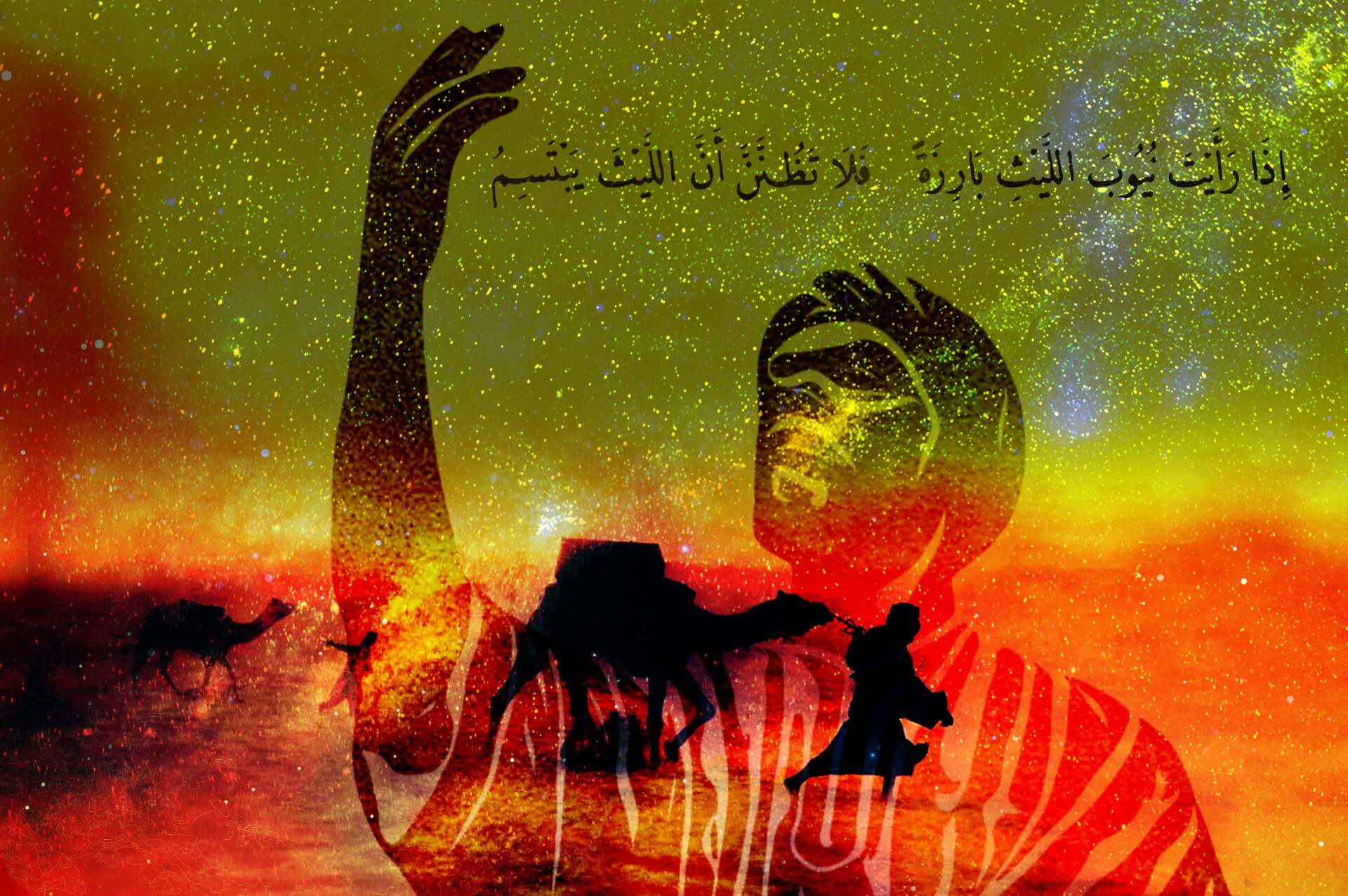
Al-Mutanabbi’s Status as the ‘Shakespeare of the Arabs’ Was Always Controversial
Though some today ask whether al-Mutanabbi, long hailed as the greatest Arab poet, truly deserves the title, they ignore the fact that his reputation was always in dispute.
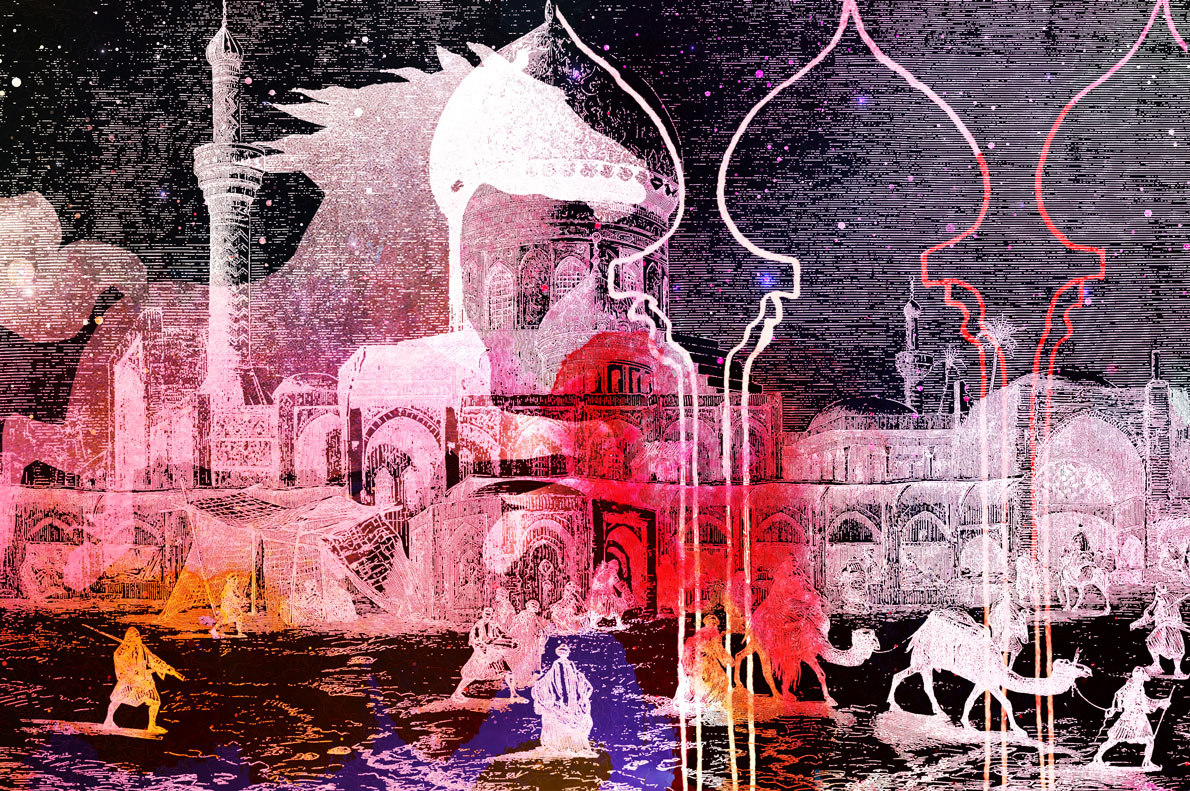
The Forgotten Middle East Legacy of ‘1,001 Nights’
Debates over “The 1,001 Nights,” including charges of Orientalism, sexism and translation blunders, ignore how the stories are read, enjoyed and performed in the Middle East and divert from the joy of storytelling.
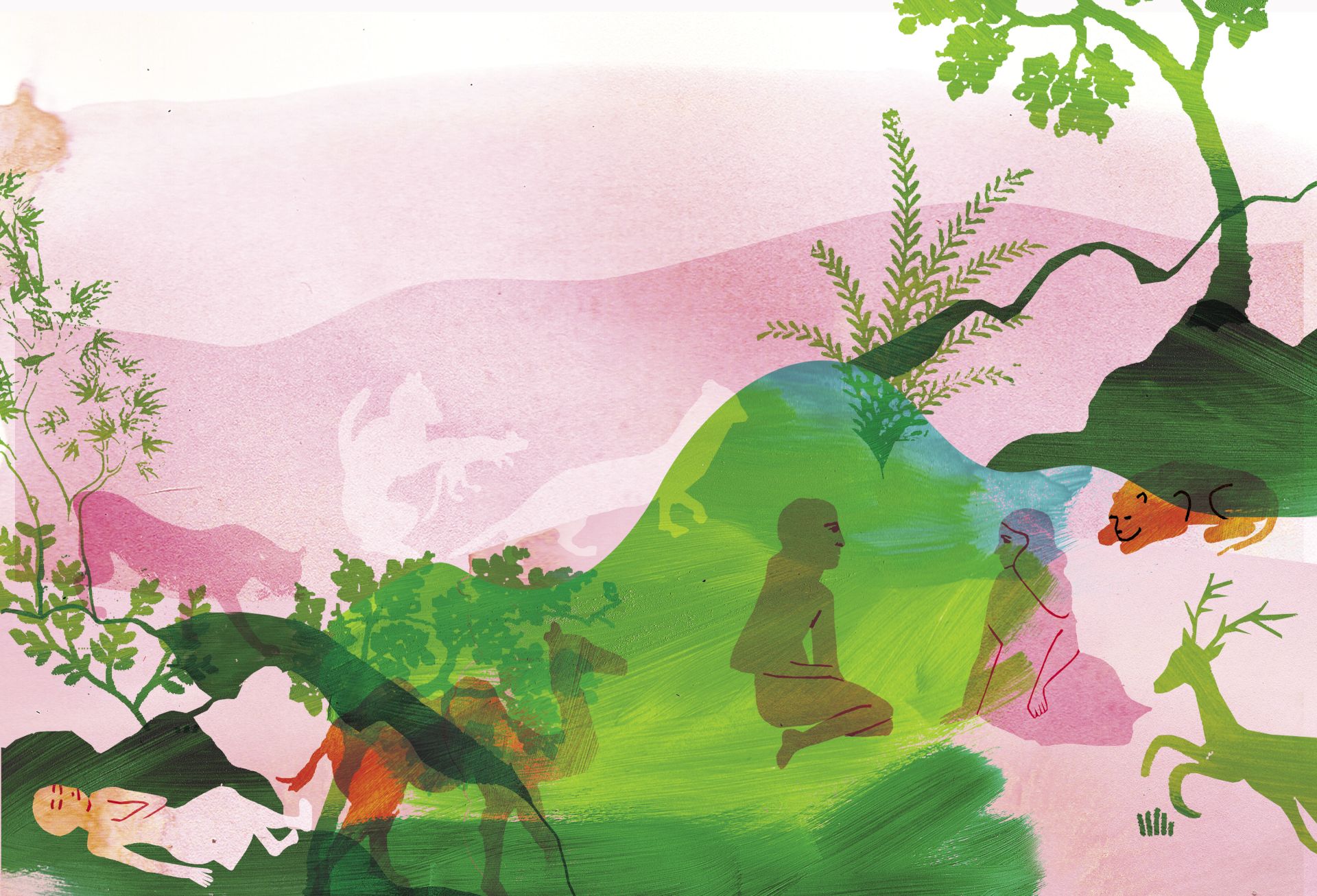
Long Before Shakespeare’s Doomed Youngsters, There Were Majnun and Layla
While the plot of Majnun and Layla is simple enough — boy falls for girl, girl’s father marries her to someone else, boy goes insane with love — the nature and depth of passion at the heart of the story are anything but.
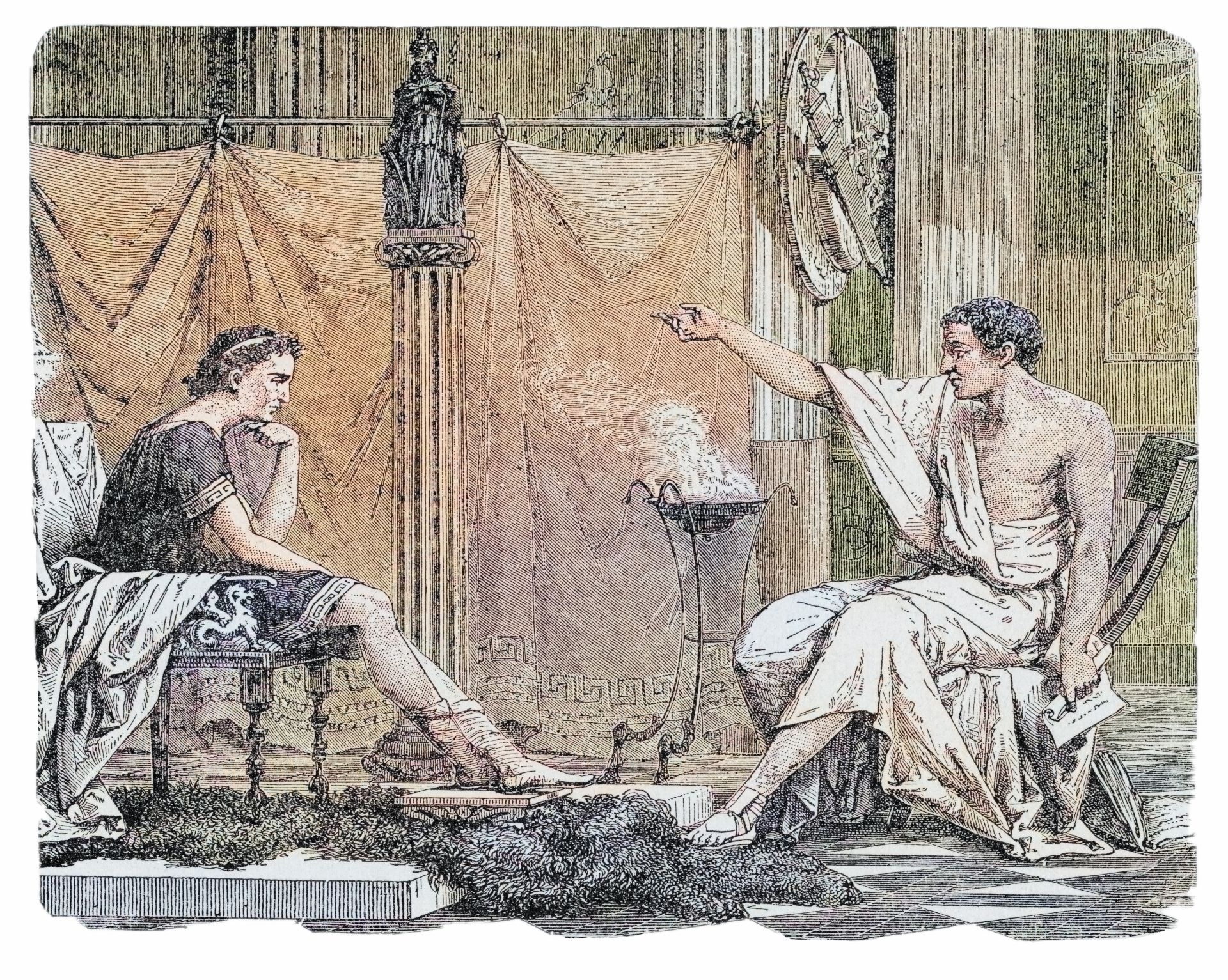
Before Print or Copyright, Authors Had To Guard Their Own Works
In the days before print or copyright, information was fluid and hard to control. This gave rise to countermeasures like self-commentary — an author’s explanation of his or her own works — and self-editing as ways to defend intellectual property, often revealing an author’s self-doubt and insecurity.
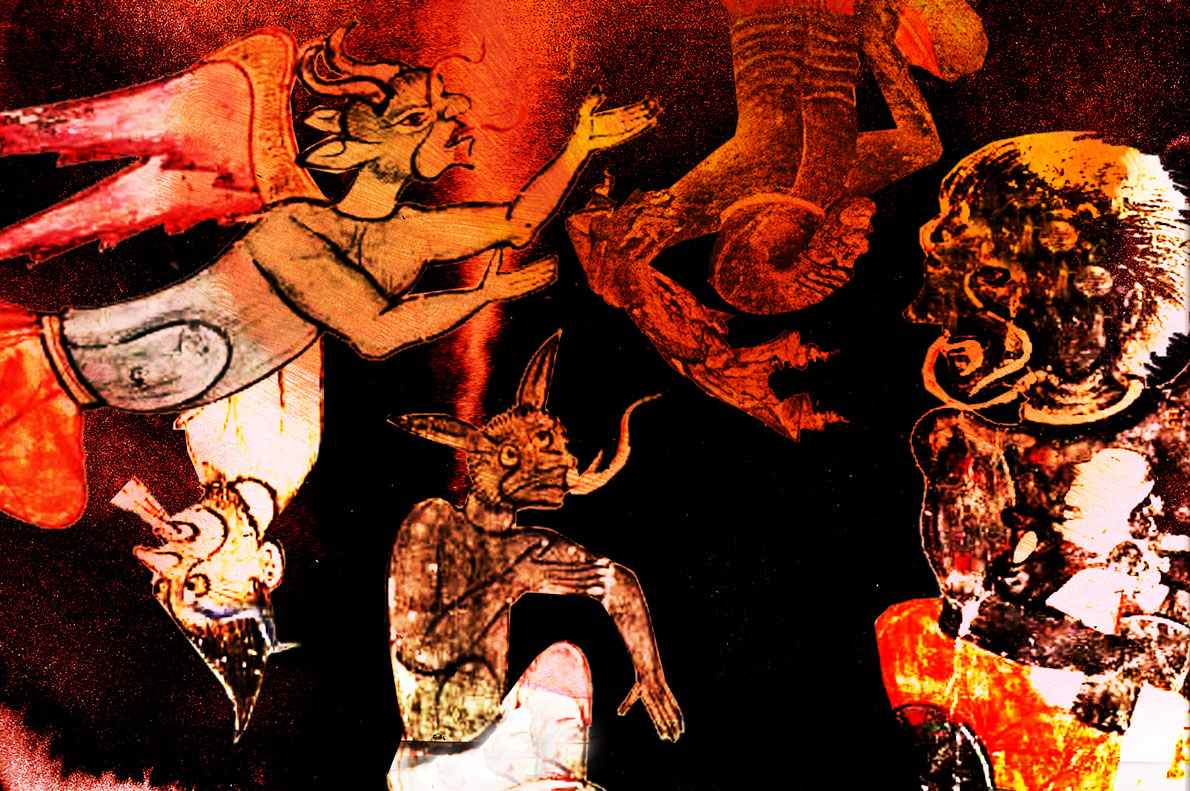
Middle East Myths and Monsters Reveal Our Humanity
Middle East folklore is full of jinn, giants and ghouls. These creatures seem far from human, but in fact they reveal, by contrast, what being human really means. They’re a shrine to the sneaking suspicion that ours isn’t the only reality that exists and that other realities bleed into our own.
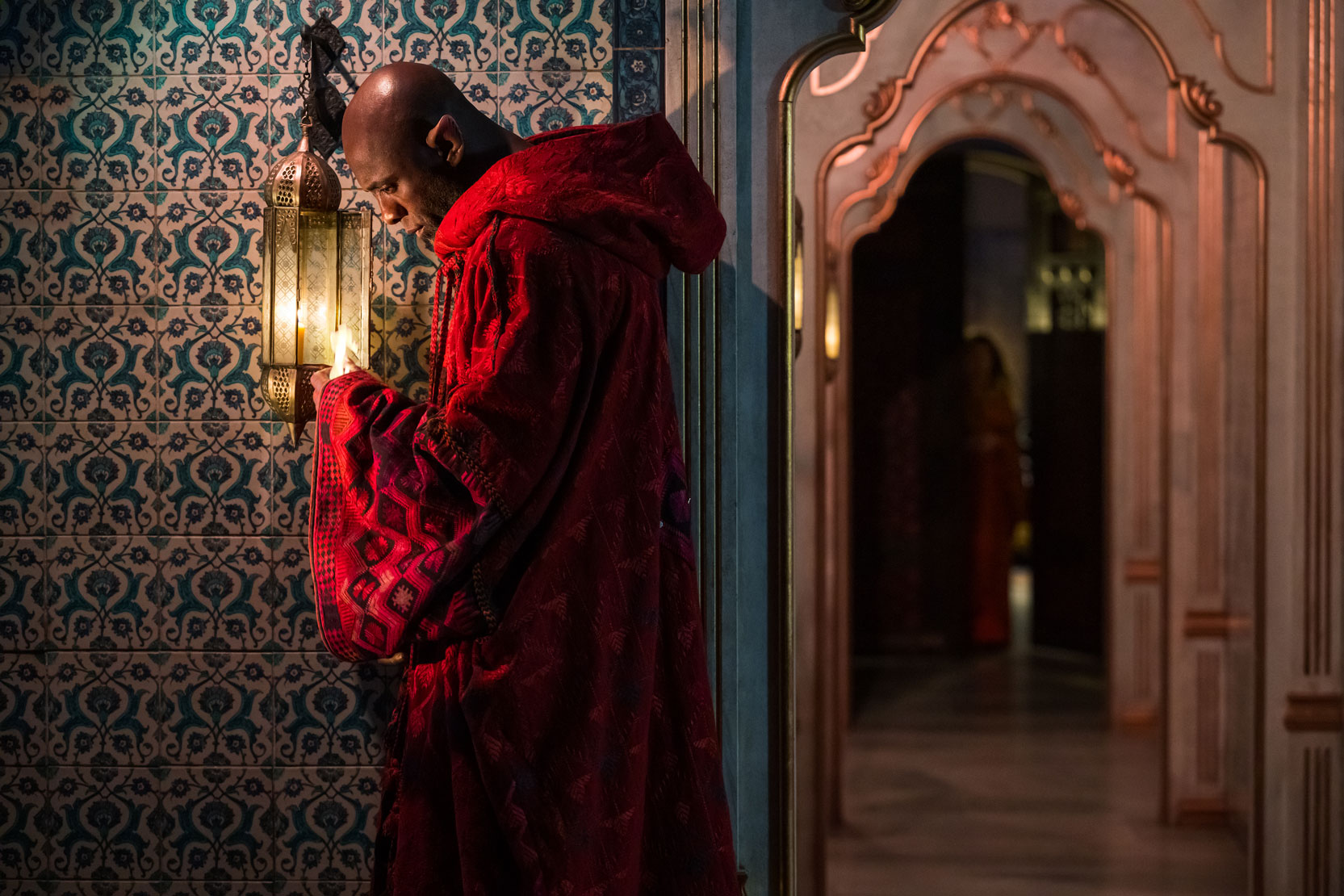
‘Three Thousand Years’ and the History of Middle East Tales
During a conference in Istanbul, professor Alithea Binnie meets a trapped djinn who offers three wishes in exchange for his freedom. Thus begins a series of adventures that don’t go farther than Alithea’s hotel room and yet will change her life forever.
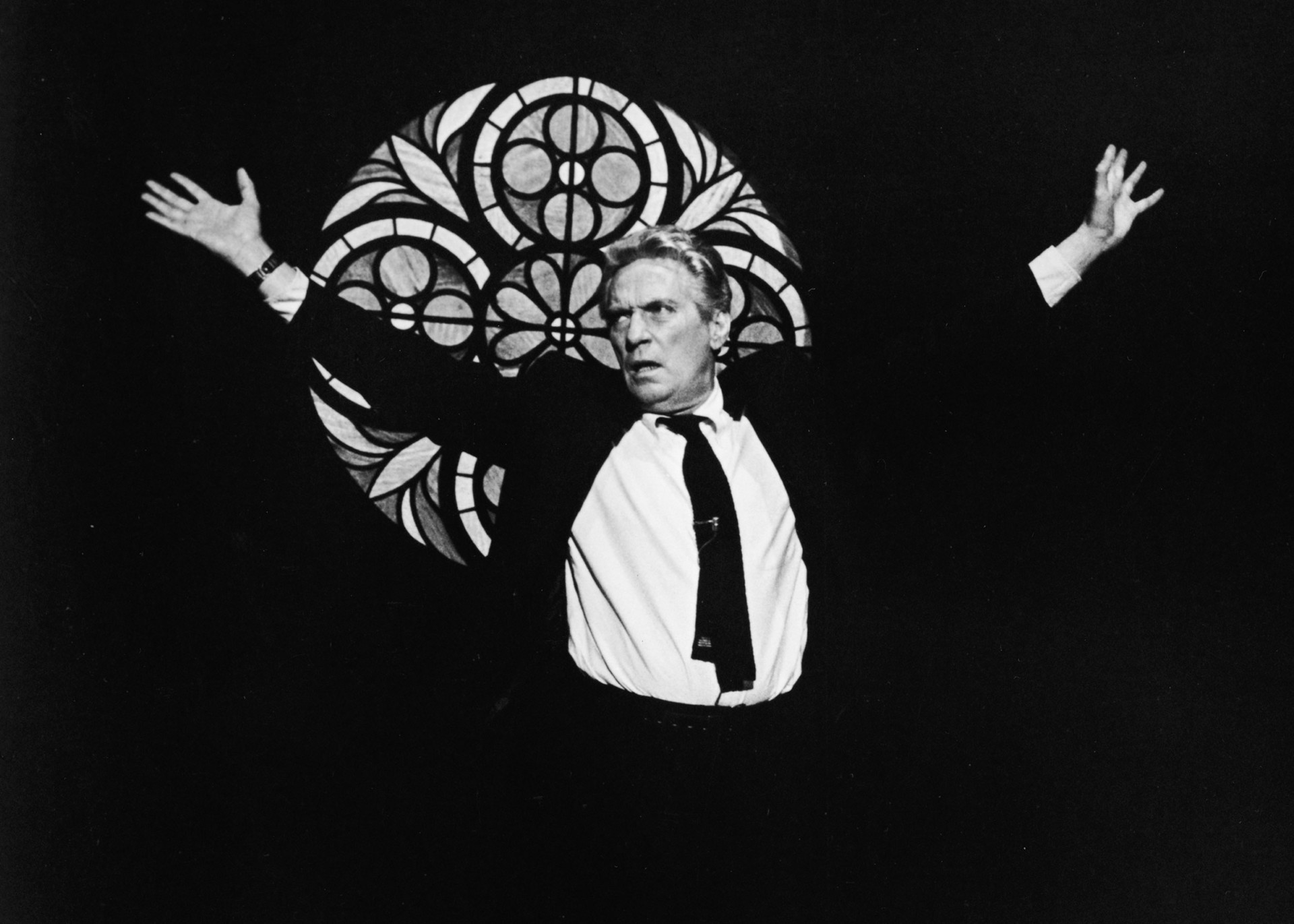
The Film ‘Network’ Darkly Predicted Our Paranoid Politics
In the 1976 film “Network,” a struggling TV company exploits the paranoia of one of its anchors to create a hit show, thus manipulating the American public in the tumult of the 1970s and foreshadowing our own polarized era.
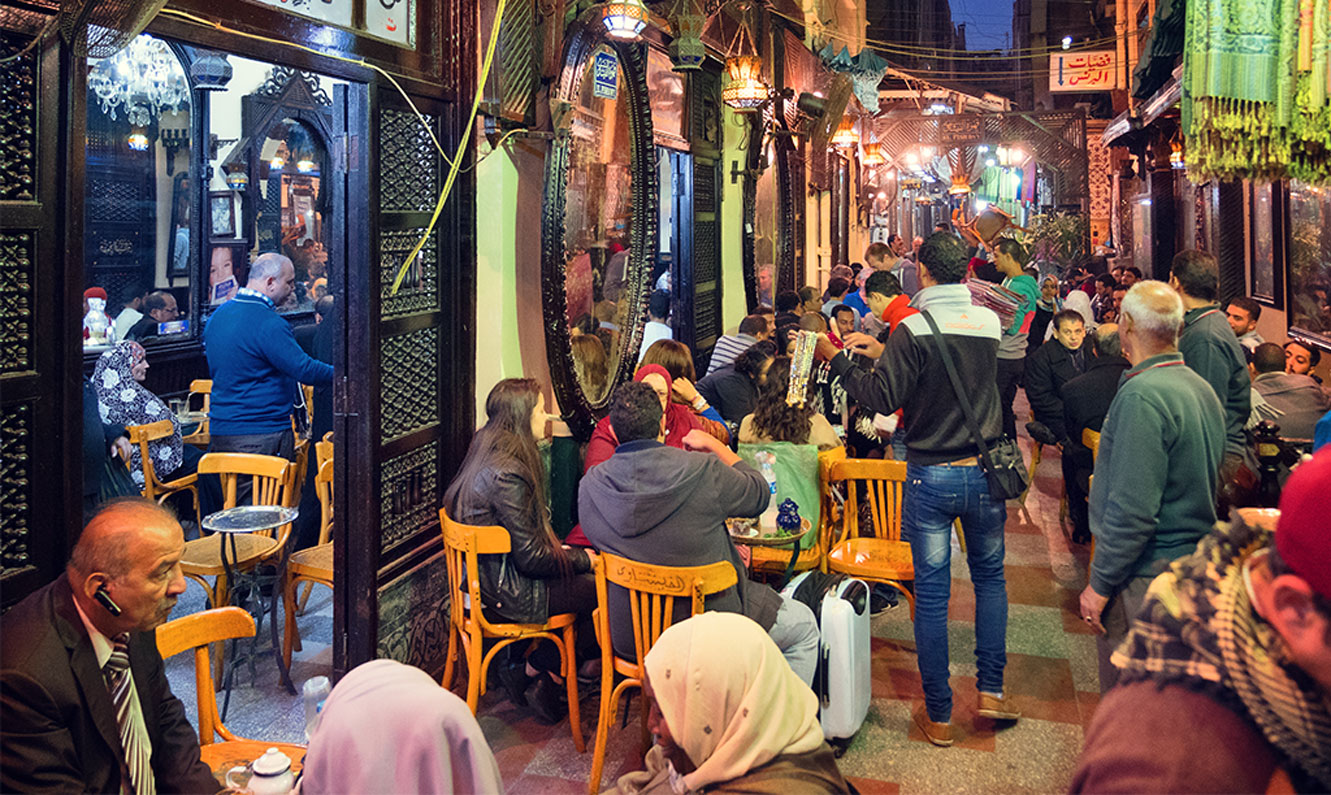
The Legacy of Humphrey Davies Shows a Love for Translation but Also for Translators
British translator Humphrey Davies, who passed away on Nov. 12, gifted dozens of English literary translations from Arabic but also a legacy of mentorship and warmth.
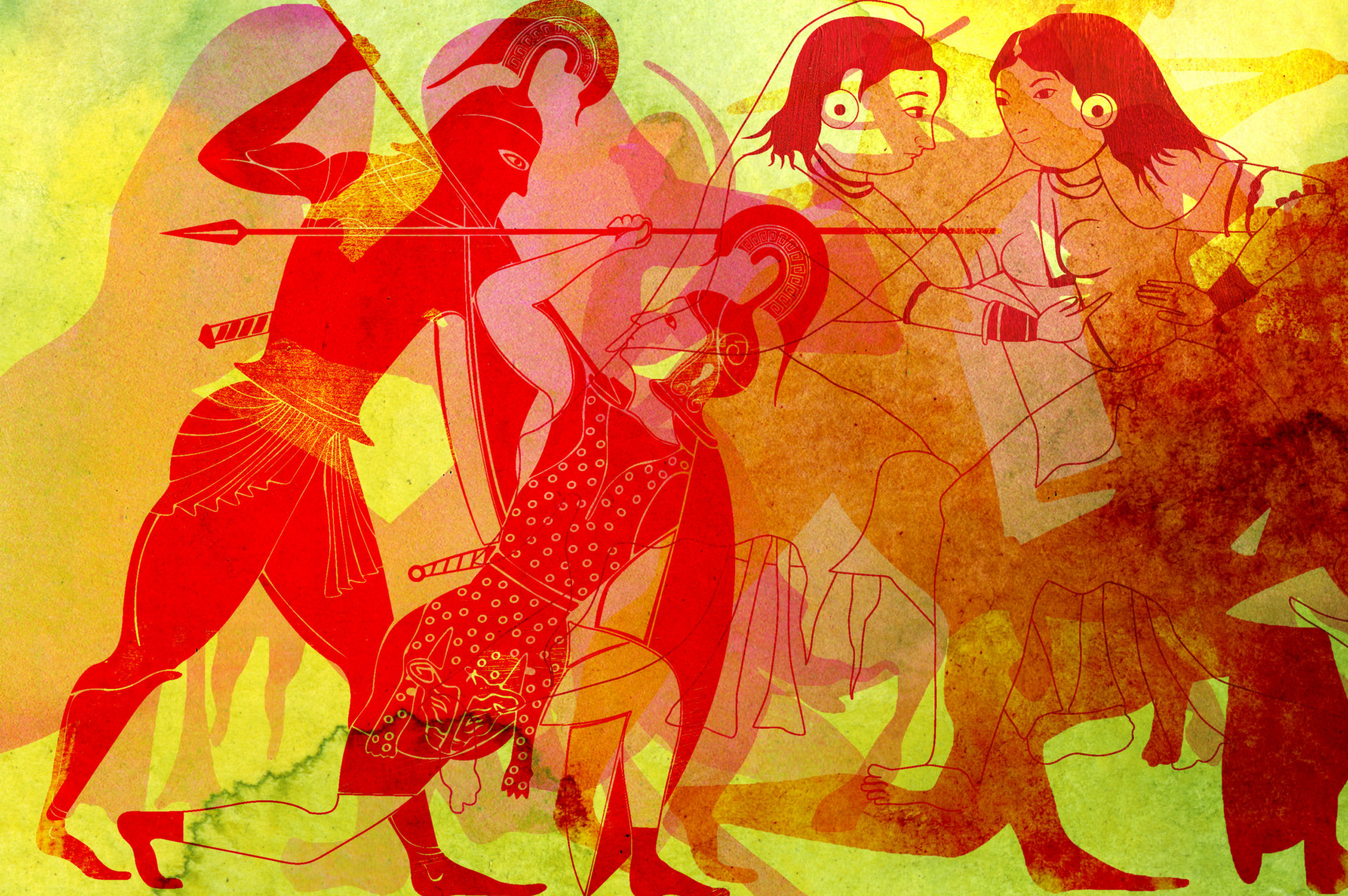
Women Warriors of the Early Muslim World
Hind marched with Quraysh to battle, then stormed the field with other women to mutilate the corpses of the Muslims, slashing off noses and ears and fashioning them into necklaces. It’s said that she gouged out the liver of Muhammad’s uncle Hamza and bit into it.
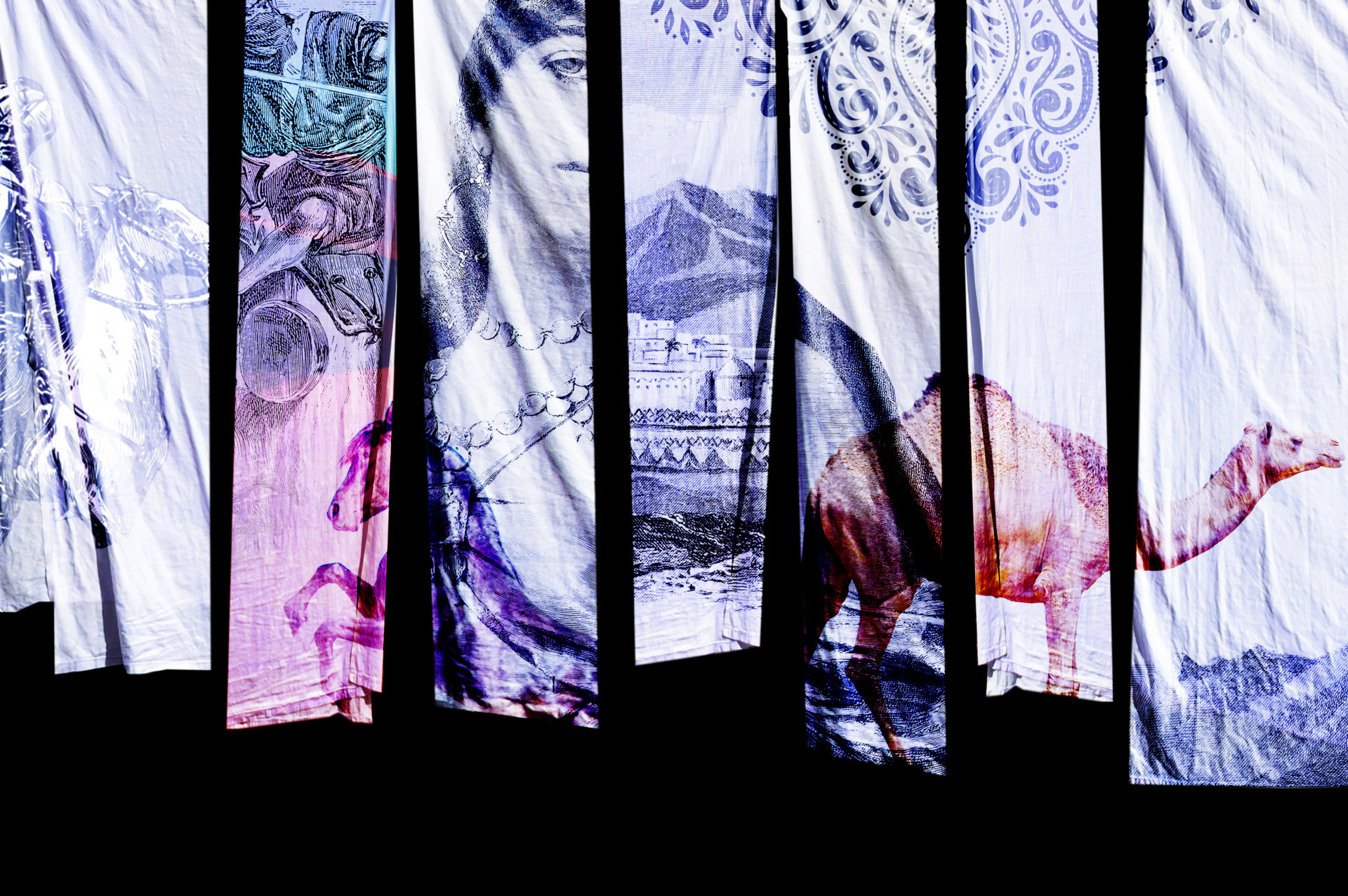
The Seven Hanging Odes of Mecca
Seven ancient Arabic odes are still unknown to the West despite having a bedrock status as “Beowulf” does in English: the mu’allaqat or hanging odes, so-called because they were allegedly stitched in gold and draped on the shrine of the Kaaba at Mecca as masterpieces.
